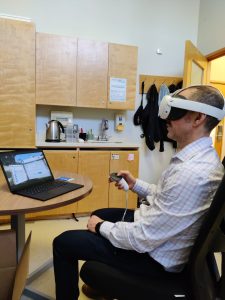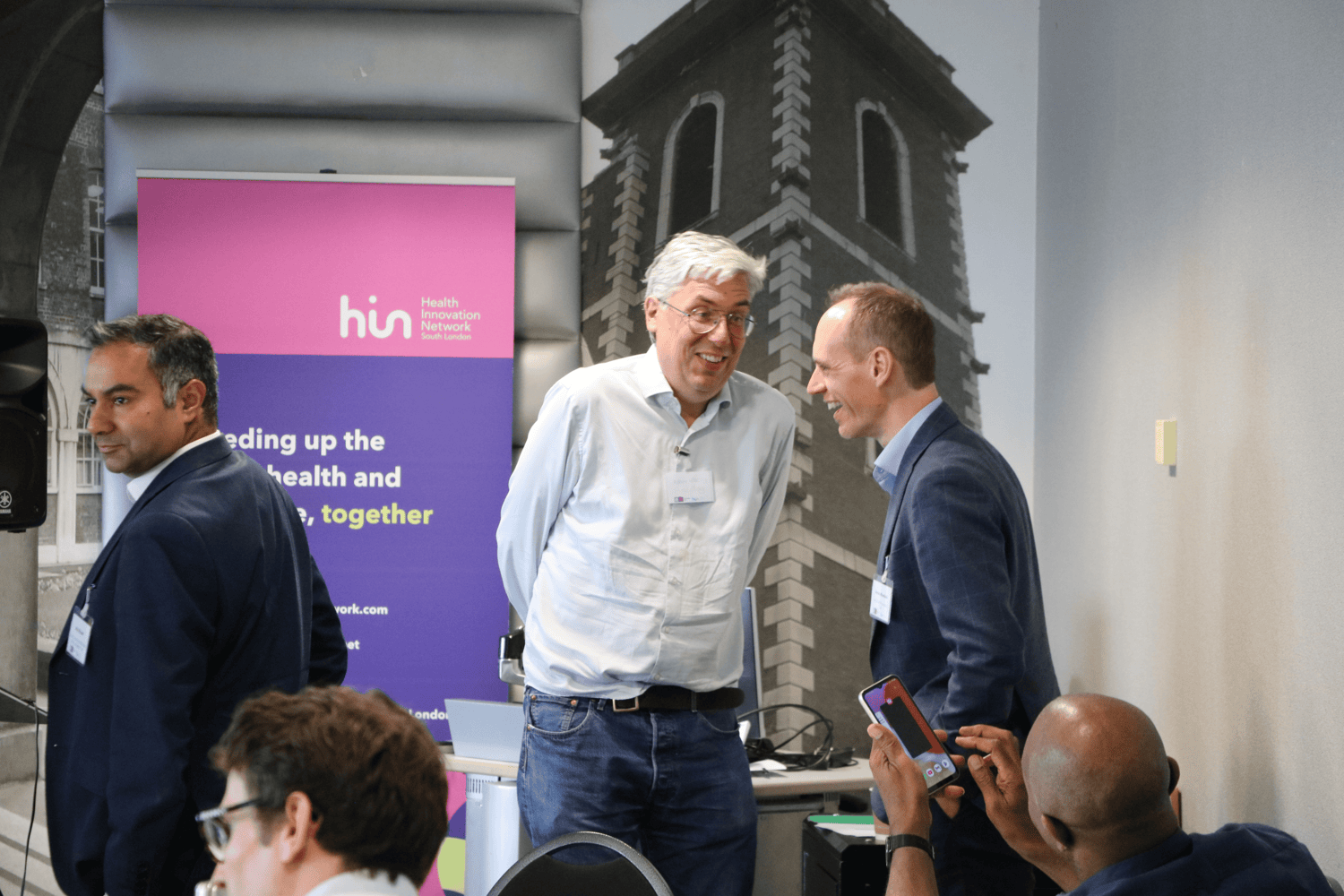Nipping it in the bud: helping the NHS treat eating disorders as early as possible
February 28, 2023To mark Eating Disorders Awareness Week, National Programme Manager Jill Owens reflects on the challenges of eating disorders, why it is crucial to treat them as early as possible and how early intervention services like First Episode Rapid Early Intervention for Eating Disorders (FREED) can help.
Eating disorders are on the rise, with referrals already increasing before the Covid-19 pandemic and particularly pronounced growth afterwards. Hospital admissions for eating disorders have increased by 84 per cent in the last five years, with children and young people especially affected with a rise of 90 per cent. They can affect anyone regardless of gender, ethnicity, age or body size. Tragically, eating disorders have the highest mortality of all mental health disorders.
I have personally seen how these disorders can fool people into thinking that it is a protective factor – providing either control or comfort. It can also be very secretive and isolate a person from those who want to help them. Recognising difficulties with eating and taking those first steps to find help takes courage and strength, but it is worth it because healthy eating habits help us live full and happy lives.
The phrase ‘prevention is better than cure’ - attributed to the 15th Century Dutch philosopher Erasmus - seems so logical that it’s hard to imagine a time when this sentiment wasn’t commonly used.
However, eating disorders are one group of illnesses where the causes and triggers can be so diverse that universally effective prevention is hard to find. If we can’t yet prevent people from developing eating disorders, what can we do?
We know that eating disorders cause changes in the way a person thinks and feels, which become harder to reverse over time.
Fortunately what we do have is the ability to tackle them as early as possible with the right tools, support and awareness. There is growing evidence that the earlier we act to provide help to people with eating disorders, the better their chances of recovering quickly and living their lives to their full potential.
We know that eating disorders cause changes in the way a person thinks and feels, which become harder to reverse over time. While recovery is possible and well worth aspiring to at any stage, a “golden window” for starting treatment of about three years from the onset of the disease seems to deliver the best long-term results. To get treatment as early as possible, people need to be able to spot the signs in themselves or others and know where to go for help.
At the HIN we have been proud to lead the spread and adoption programme for early intervention in eating disorders since 2020, a programme which has been coordinated by the AHSN Network. As National Programme Manager I have been thrilled to work with people who see the importance of early intervention, and to be part of a programme which has benefited so many people.
The model for the programme is First Episode Rapid Early Intervention for Eating Disorders (FREED). FREED supports early interventions for people aged 16-25, the most likely age to develop an eating disorder and a unique time of life where considerable changes take place. FREED uses innovative methods to address the challenges of emerging adulthood and the early stages of eating disorder development, reducing the duration of untreated illness.
FREED was developed by a team at South London and Maudsley NHS Foundation Trust (SLaM) and Kings College London (KCL) with support from the Health Foundation. The FREED team have been working hard to develop research and evidence to demonstrated the effectiveness of this approach, including studies that show:
- 32 per cent reduction in wait time from referral to assessment in FREED patients;
- 59 per cent of FREED patients with anorexia nervosa reached a healthy weight by 12 months, compared to 17 per cent of non-FREED patients;
- duration of untreated eating disorder reduced from 19 to 13 months.
At the Health Innovation Network we are delighted that FREED services are now either active or developing across England. All 15 Academic Health Science Networks (AHSNs) have provided time and expertise to support local services in understanding the evidence behind FREED and work towards adoption. The programme is drawing to a close in March 2023, leaving a legacy of increased awareness of the benefits of early intervention, numerous resources to help eating disorder services set up early intervention services, and well over 2,000 young people having received treatment.
The work will continue to move forward with support from NHSE and leadership from the team at SLaM/KCL, as well as the many specialist FREED Champions and services throughout England.
If you are concerned about yourself or someone else, please contact your GP. You can also find more information through an eating disorders awareness and support charity, such as BEAT Eating Disorders.



